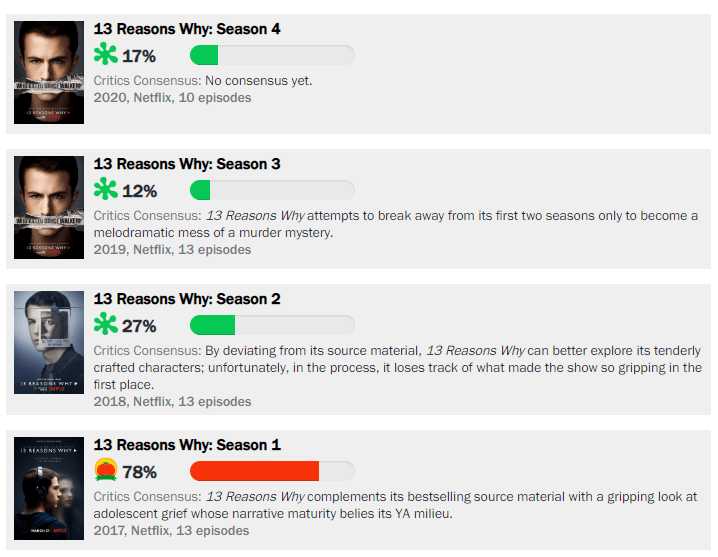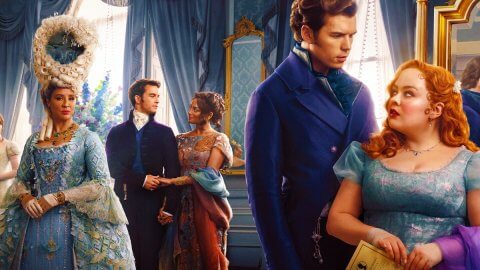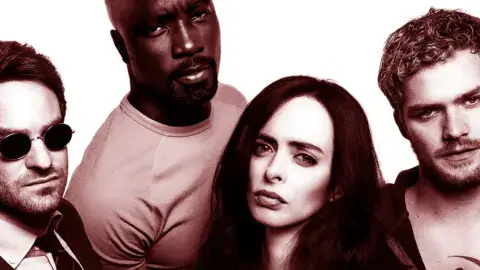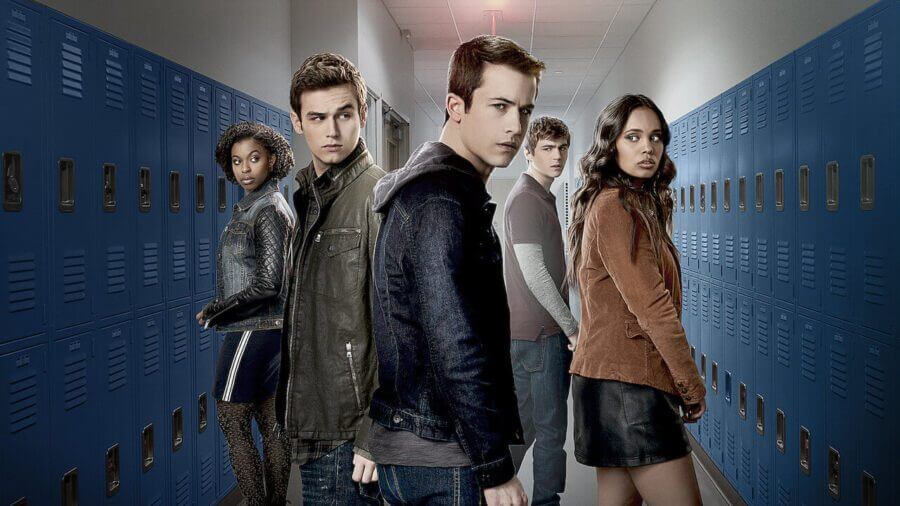
13 Reasons Why – Copyright. Paramount Television Studios
Not a totally controversial opinion, but 13 Reasons Why was a car crash of a TV series. What started out as an impactful and thought-provoking Original, became just another teen-drama. So where did it all go wrong? Let’s find out.
Despite the drop in quality in the series, 13 Reasons Why remained as one of the most popular Originals Netflix had to offer. This is exemplified by the fact that the series, at the time of writing, is sitting at the top of many Netflix regions.
One thing is for certain, both critics and fans can admit that the quality of 13 Reasons Why took a significant nose diver after the second season. This was when a significant departure was made from the source material.
The first two seasons had an average IMDb score of 8.4 and 7.3 respectively, whereas seasons three and four bombed with average ratings of 6.7 and 6.8. The critics weren’t impressed either; the first season of 13 Reasons Why is the only one rated fresh on Rotten Tomatoes.
No one wants to admit it, but 13 Reasons Why rode the coat-tails of the first season’s success all the way to the finish line.
Struggling with identity
What is 13 Reasons Why? A good question, and one that the writers themselves would probably struggle to answer by the end of its four-season run.
A series that starts off with an in-depth look into the impact of teen suicide took a dive off a steep cliff when it decided to opt for teen drama ala Riverdale. It suddenly decided to become a murder mystery, humanizing its main antagonist.
Losing what made the series intriguing in the first place, it felt like the series sacrificed the potential for a thought-provoking and impactful story just to prolong the series to four seasons.
Many of the groundbreaking observations the series made in the first two seasons were lost in the shuffle of the story by the end of the fourth season, and albeit went right out the window at the start of the third. So was 13 Reasons Why a “realistic” depiction of the issues teenagers faced in high school as they so claimed, or was it just a poorly written drama series?
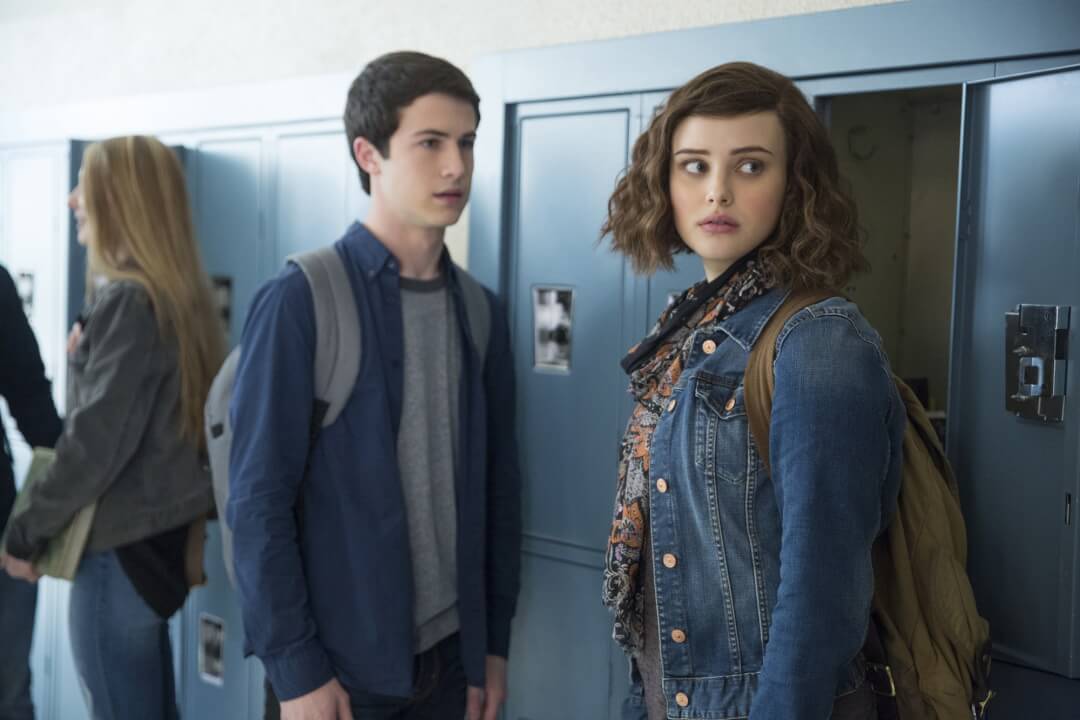
Clay Jensen (Dylan Minnette) and Hannah Baker (Katherine Langford) – Copyright. Paramount Television Studios
A senseless direction of the story
The initial plot of 13 Reasons Why was pretty straightforward, albeit contraversial:
Teenage high school student Hannah Baker tragically takes her own life after being sexually assaulted, and then bullied by her fellow students. In the wake of her death, fellow student Clay Jensen discovers a series of tapes made by Hannah, that documents the reason behind her suicide.
Upon watching the final season of 13 Reasons Why, the story certainly has veered away from the show’s original concept, and not for the better, which further exemplifies the points made above.
The story is first and foremost about the tragedy of Hannah Baker’s suicide, and the impact it has on the lives of her friends, family, and the school of Liberty High. Season two closely continued to follow this structure by further expanding upon the plot that Hannah Baker was not the only victim of Bryce Walker. In fact, the sexual assault had become common practice within an inner circle of the school jocks, which had been established by Coach Rick during his high school days.
With the departure of Katherine Langford, and thus Hanah Baker, many of the major plot points in the second season were just dropped for the sake of the murder mystery plot of the third season.
There were still many threads that needed finishing, and to just drop them insulted the intelligence of its audience.
To drive the point home, 13 Reasons Why is the story of Hannah Baker, and the victims of Liberty High, to pretend its anything other than that you’re just kidding yourself.
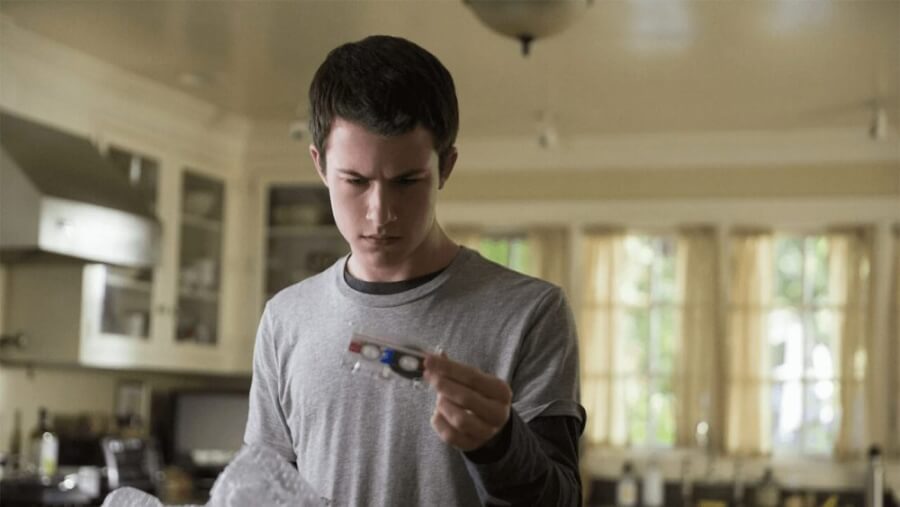
Copyright. Paramount Television Studios
Whodunnit? Who really cares?
Once the series became a “whodunnit” murder mystery centered around the death of Bryce Walker, the tone-deaf plot twist lost the show’s remaining dignity. In not so many words, the final two seasons simply served as a source of entertainment to mock poor storytelling.
It was brave of the writers to experiment with a character such as Bryce Walker in the third season, that much you can give them credit for. The writers left us begging the question, how far is too far for redemption? Unfortunately, for a character as deplorable as Bryce Walker, the experiment failed.
You’ve already established that Bryce, the serial rapist of Liberty High, is a privileged tool that uses his family’s wealth and influence to get himself out of trouble. The attempt to have the audience feel sorry, or even care for, Bryce was a massive misfire.
Despite the fact Bryce comes to terms with all the pain and misery he caused, he deserved to be in prison. The audience needed to see that no matter how much Bryce was on the road to redemption, he still needed to pay for the crimes he committed.
In the end, Bryce’s death didn’t surmount to much, even though it was also central to the plot of the fourth season.
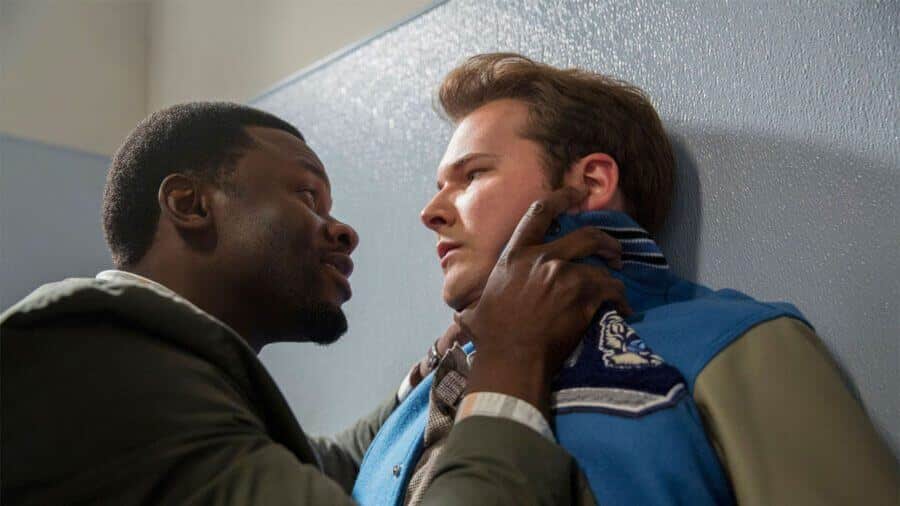
Kevin Porter (Derek Luke) and Bryce Walker (Justin Prentice) Copyright. Paramount Television Studios
Continuously sending the wrong message
When a show such as 13 Reasons Why explores extremely heavy themes and material, you cannot afford to get anything wrong. To do so is to send the wrong message to your audience, and sadly the series is guilty of this on too many occasions.
Despite the fact that the 13 Reasons Why is rated as TV-MA (unsuitable for those under 17), and 18 in the UK, there were many impressionable eyes on the series i.e. minors.
Sexual assault is one of the largest themes in the series, and the writers failed to send the right message time and time again. And the sad fact of life is, there will have been a tragic number of the audience that may have experienced the type of aforementioned crime themselves.
Not a single person guilty of sexual assault was sent to prison and served time for their crimes. Bryce was murdered and never faced a jail sentence. Coach Rick seemingly disappeared and with it everyone’s memory of the rape culture embedded into the jocks. Monty was framed for a crime he never committed, and never served his time for his sexual assault on Tyler.
The point here is that not a single person guilty of committing a sexual assault was held accountable for their crimes. Justice only appeared in the form of murder, which doesn’t help anybody.
We know the world isn’t sunshine and daisies and the sad truth is many who commit such atrocious acts get away with it, but 13 Reasons Why is a fictional story, write a better end to these characters. Don’t be afraid to show the bad guy facing justice, the correct way.
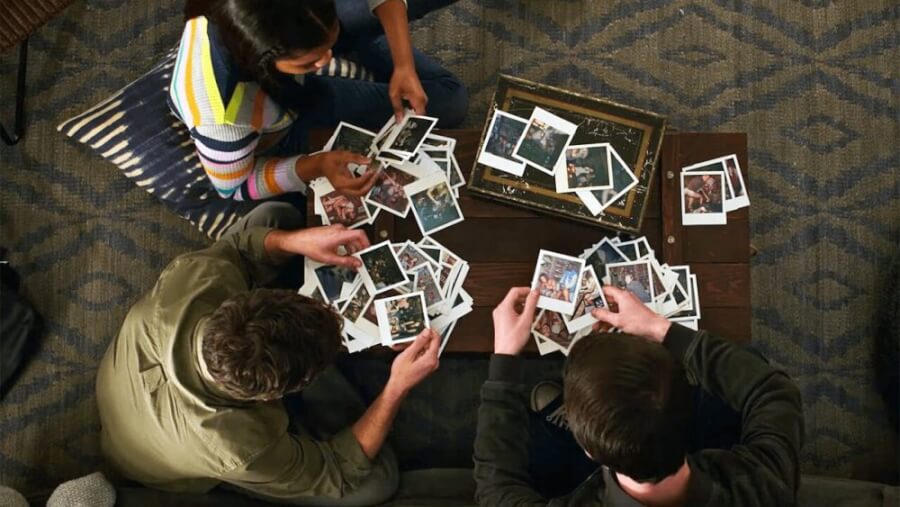
The Polaroids were all but forgotten post season 2 – Copyright. Paramount Television Studios
Outdated logic
There’s also the issue surrounding HIV and AIDS in the final season. It’s been proven that with the treatment you can live with HIV for many years before it develops into AIDS. Thanks to years of medial research and developments, it’s no longer the death sentence it once was.
Out of all the characters, Justin has arguably had an incredibly difficult time at high school, which has to lead him on the journey to have one of the best story arcs of the series. There was every option to leave the future as an unknown for Justin, and despite his diagnosis of HIV with the aforementioned treatment, it could just have easily been written that Justin could still live a life worth living. To kill him off in such a way is just too damn depressing and arguably unnecessary.
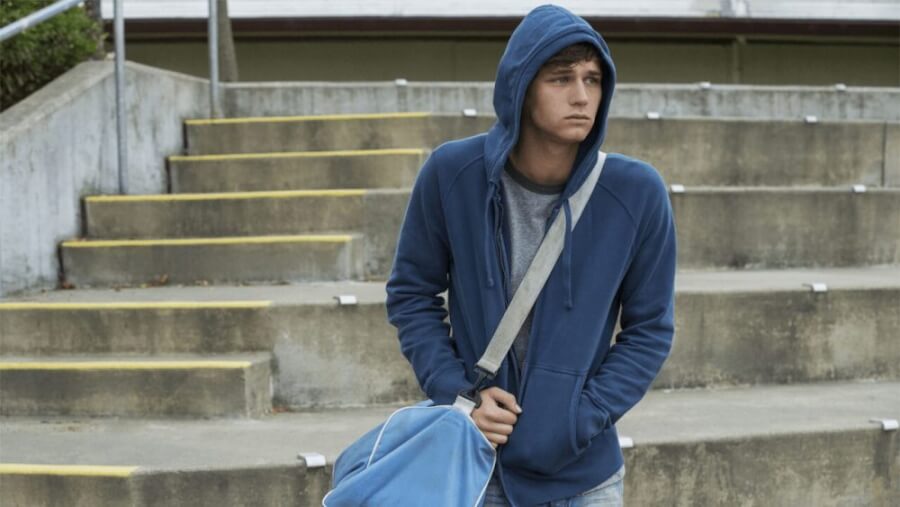
Poor Justin just couldn’t catch a break – Copyright. Paramount Television Studios
An opportunity wasted
13 Reasons Why had the opportunity to be something special, and beyond the tag of being just another teen-drama.
With such delicate and hard-hitting themes seen in the series, there was a massive opportunity to send a positive message to anyone who faced any of the adversity like the characters of the show did.
We’re not saying every character needed to have a happy ending, but what was needed was a much clearer message to its audience, instead of a morally ambiguous and depressing end to the series.
What are your thoughts on 13 Reasons Why? Let us know in the comments below!

